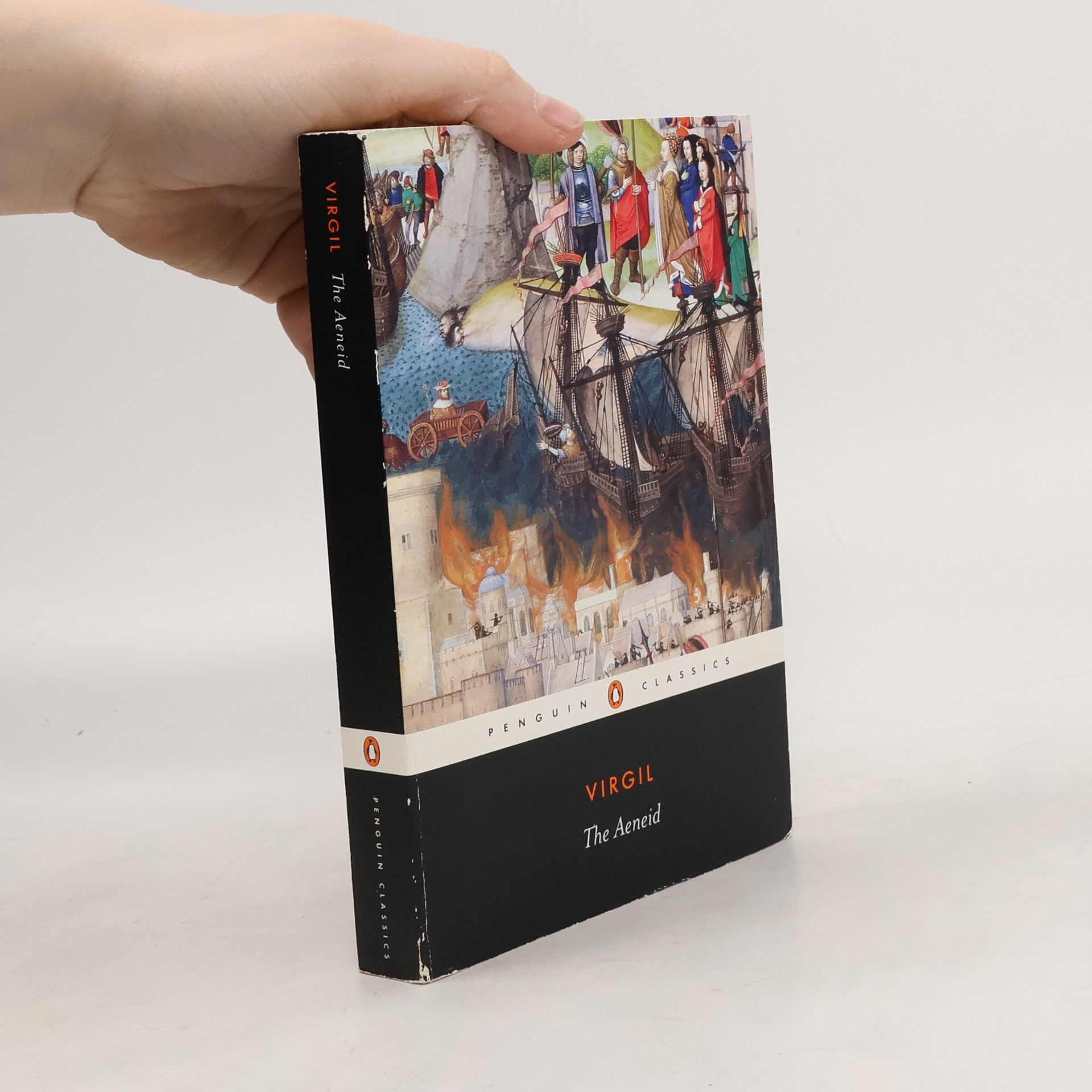Inspired by Homer and inspiration for Dante and Milton, the Aeneid is an immortal poem at the heart of Western life and culture. Virgil took Aeneas as his hero and in telling a story of dispossession and defeat, love and war, he portrayed human life in all its nobility and suffering. schovat popis
Virgil Schmid Boeken
Vergilius geldt als een van Rome's grootste dichters, wiens werken de westerse literatuur diepgaand hebben gevormd. Zijn nationale epos, de Aeneis, geïnspireerd door Homerus, vertelt de reis van de Trojaanse vluchteling Aeneas terwijl hij zijn lot tracht te vervullen en de kusten van Italië bereikt, de stichtingsdaad van Rome in de Romeinse mythologie. Door zijn meesterlijke Bucolica en Georgica verkent Vergilius blijvende thema's als lot, vaderland en de menselijke conditie met ongeëvenaarde taalartistieke vaardigheid en suggestieve beelden. De invloed van zijn verzen en verteltechnieken klinkt door de eeuwen heen, zoals zijn rol als gids in Dante's Goddelijke Komedie bewijst.


Spielend verkaufen
Wie Sie Ihre Kunden mit originellen Ideen begeistern
Supermärkte lösen mit Gratisfigürchen Sammelfieber aus, Restaurants engagieren »Weinengel«, Versicherungsunternehmen plakatieren witzige Sprachspiele. Ein Kaufhaus funktioniert sein Schaufenster zum Mini-Zoo um und wird zum Kundenmagnet. Ein Käsehersteller lädt seine Kunden zum Guinness-Rekordversuch ein. Sind denn alle verrückt geworden? – Nein, nur spielerischer! Immer mehr Unternehmen ziehen Konsequenzen aus der Erkenntnis, dass Verkaufen mehr ist als der Austausch von Waren gegen Geld. Kunden haben heute in fast allen Bereichen die Qual der Wahl. Im Zweifelsfall gehen Sie dahin, wo man ihnen das beste Gefühl vermittelt – und dabei sind Spiele unschlagbar! Spielend verkaufen entzündet ein Feuerwerk von Spielmöglichkeiten im Verkauf – bei Warenpräsentation, Service, Werbung, Website und Markenbildung. Verkaufsprofi Virgil Schmid zeigt, wie Verkäufer eingefahrene Gleise verlassen, Kunden durch ungewöhnliche Ideen begeistern und dadurch einfach mehr verkaufen!